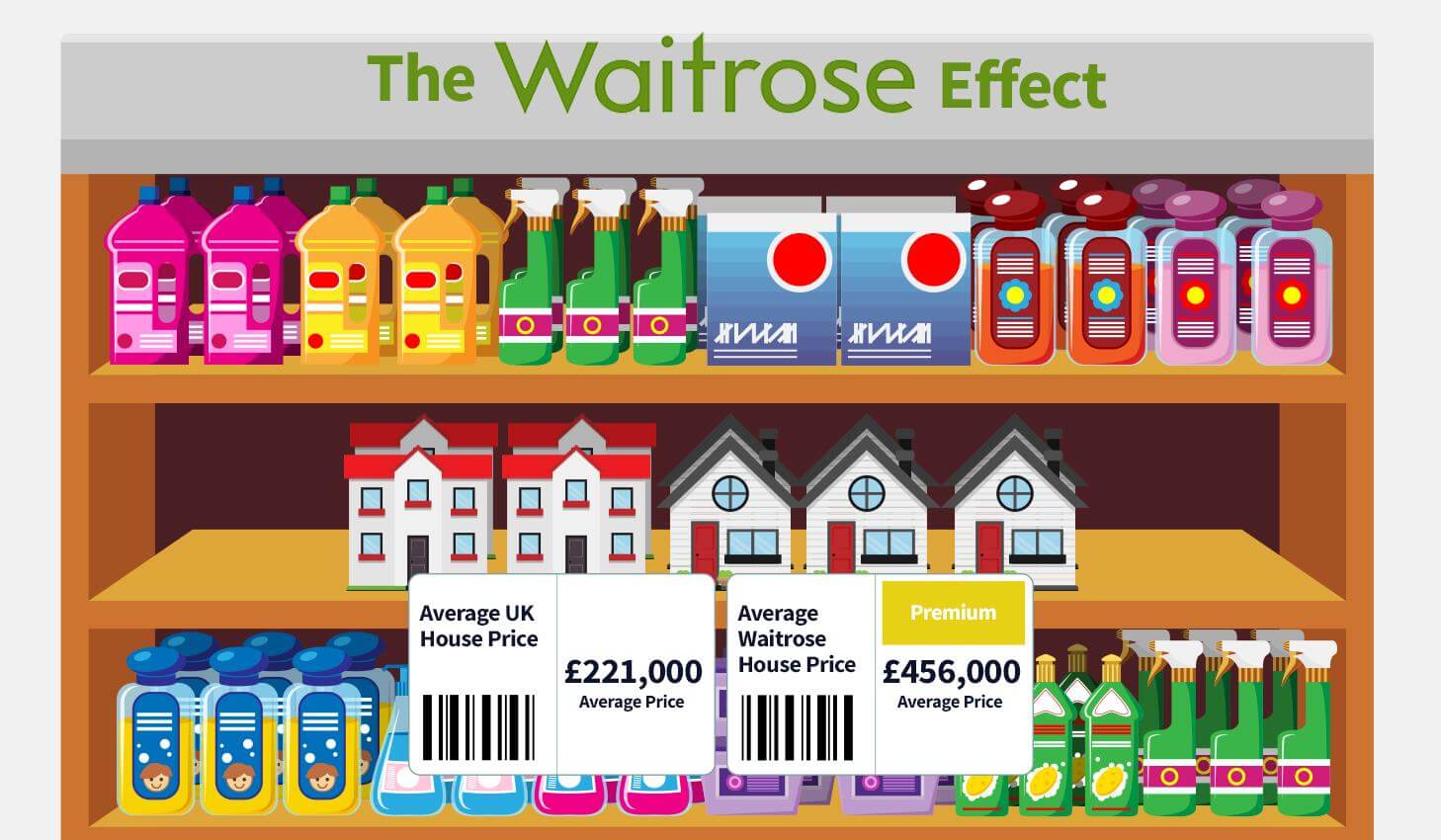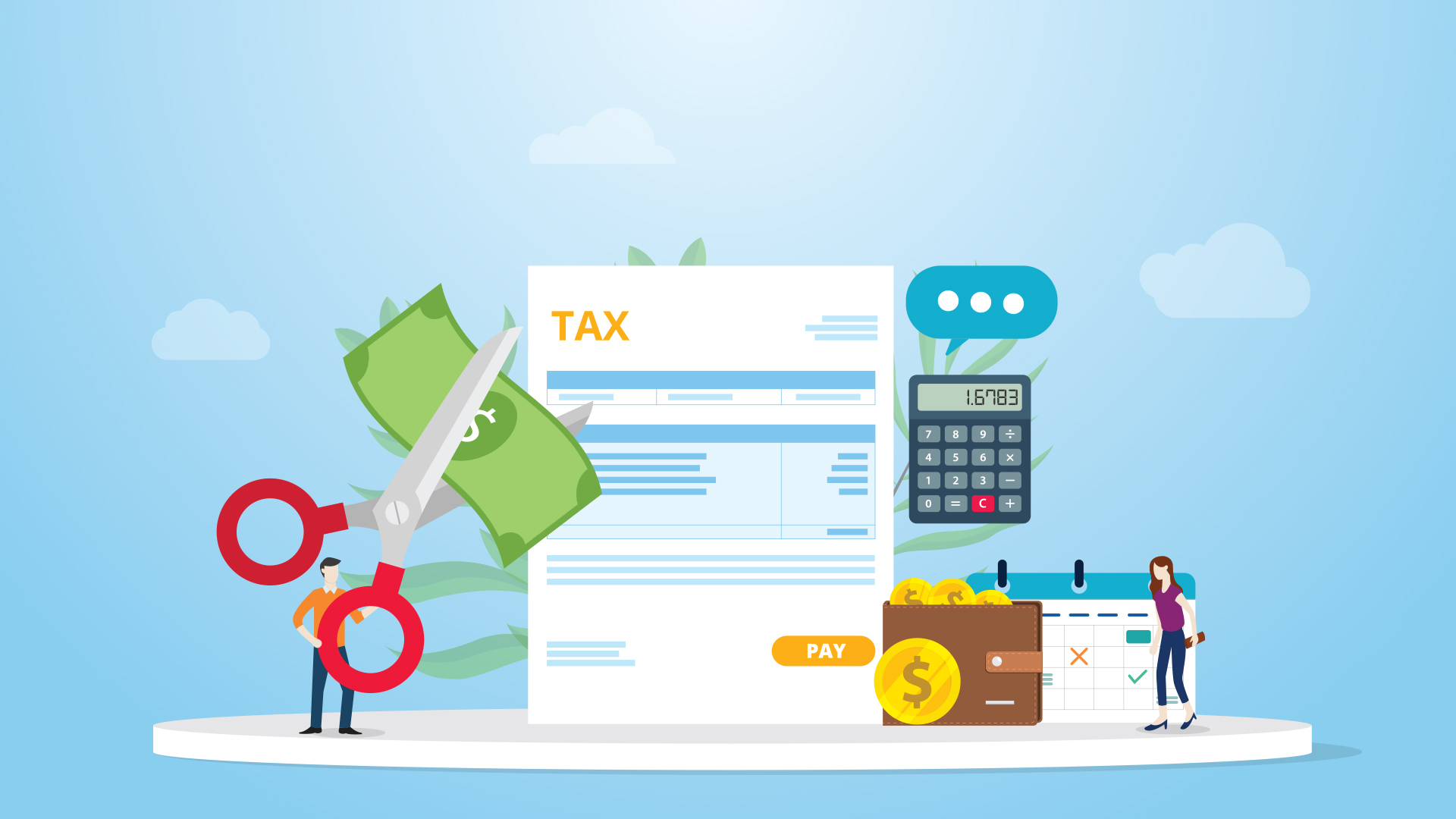
With figures from Aviva showing that one in five adults in the UK has taken on a side hustle since March 2020, it is important to be aware of how these income drivers impact your tax charges.
All workers in the UK must pay national insurance and income tax, but you are also allowed a trading allowance of £1,000 a year for which no tax payments need to be made to the HMRC.
For business owners earning more than the £1,000 threshold, you are subject to the same tax liability as self-employed individuals. To support individuals who have passed this structure, Hamid Bagherzadeh, Legal expert and Co-Founder of LegaMart, has outlined the applicable tax you could be paying.
Who needs to pay taxes?
If you are regularly buying and selling stock online, and earn more than £1,000 through your business, you are considered a trader by HMRC. As a trader, you will need to register your business as a company, the deadline of which is the 5th of October following the tax year you received your income.
What taxes do online sellers need to pay?
As an online seller, you may have the following taxes applied to your business: corporation tax, VAT, income tax, and national insurance.
1. Corporation tax
Online business owners will need to submit an online annual Corporation Tax Return to HMRC at a tax rate of 19%.
Previously if your business was located outside of the UK but had an online presence in the country, your earnings were not subject to tax in the UK. These rules have now changed, as of April 2020, where all non-resident businesses are now liable to pay corporation tax.
2. VAT
If you have a business which sells products and services, you may need to start charging your customers VAT, where you are then required to submit any VAT due to HMRC each quarter.
VAT is typically charged at 20%, but some products and services are exceptions to this rule – health, energy and heating are charged at 5%, and publishing and children’s clothing are charged at 0%.
3. Income Tax
Income tax has to be paid on employment earnings, any self-employed profits (including from services you sell through your online marketplace or apps), and the majority of pensions and benefits from your job.
You do not have to pay income tax on the first £1,000 of your self-employed income as this is classed as a trading allowance. For individuals who need to report their earnings, the UK government has introduced a new tax software to allow individuals to send income tax instead of filing a self-assessment tax return with HMRC.
4. National Insurance
National insurance contributions qualify individuals for certain government benefits and a state pension. The amount you will need to pay will depend on the business you have, your employment status, and if you have employed any staff.
If you are the sole employee and a Limited Company Director, you must make Class 1 NICs through your PAYE payroll. If you are a sole trader, you will pay Class 2 and Class 4 NICs. If you employ staff, you need to pay NICs on salaries.
Other taxes may also be applicable like dividend tax, sales tax depending upon your business and overseas shipping.
While there are several taxes that need to be paid by online sellers, there are also ways to save on those taxes legally through various schemes and methods. We recommend working with an accountant and lawyer who understands your industry and can help you complete the taxing formalities on time.


























